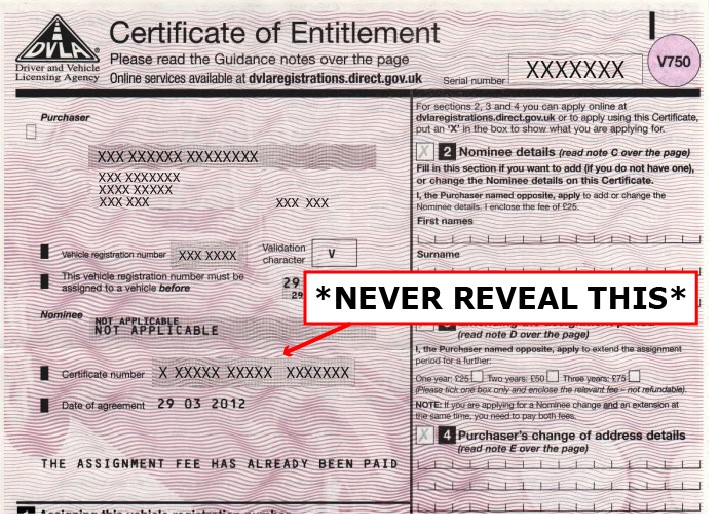Last Updated on: 21st November 2023, 08:16 pm
Corporate events are essential for fostering professional relationships, networking, and showcasing your brand’s capabilities. However, planning a successful corporate event in New York City requires meticulous organization and attention to detail.
If the task of party planner has been assigned to you, it may feel overwhelming to organize a large business event. Creating a trusted team, including expert caterers, venue management, and the best New York Immersive Production Company that will help make your event spectacular. With the right plan, you can create a memorable event that your coworkers will appreciate and remember. Let’s take a closer look at a few ways to plan your next corporate event like a boss.
Create a Budget
Establishing a budget is crucial for financial success. Begin by allocating funds to different aspects of the event, including the venue, catering, marketing, and entertainment. Be realistic about your financial limitations and explore cost-saving strategies, such as negotiating with vendors or seeking sponsorships.
Choose the Perfect Venue
Selecting the right venue is essential to create the desired ambiance and accommodate your attendees comfortably. Consider factors like capacity, location, accessibility, and available amenities. Visit potential venues to ensure they align with your vision and can accommodate your event’s requirements.
Develop a Detailed Event Timeline
Staying organized and making sure everything runs smoothly requires a comprehensive timeline. Break down the planning process into manageable tasks, assigning responsibilities and deadlines to team members. Consider every aspect, from event promotion and registration to logistics and post-event follow-up.
Engage with Attendees Before the Event
Effective communication is key to a successful corporate event. Use various channels like email, social media, and event websites to provide relevant information, updates, and agendas to your attendees. Encourage attendees to interact and network before the event, creating a sense of anticipation and fostering connections.
Craft a Memorable Program
Design an engaging program that aligns with your event’s goals and audience preferences. Consider incorporating keynote speakers, panel discussions, workshops, and interactive activities. Ensure a balance between educational content, networking opportunities, and entertainment to keep attendees engaged throughout the event.
Pay Attention to Event Logistics
The success of your event heavily relies on smooth logistics. Pay attention to details like event registration, seating arrangements, audiovisual equipment, signage, and catering. Work closely with vendors and service providers to ensure seamless coordination and troubleshoot any potential issues.
Leverage Technology
Embrace technology to streamline event management processes and enhance the attendee experience. Utilize event management software for registration, ticketing, and attendee tracking. Leverage event apps for real-time updates, interactive features, and networking opportunities. Consider incorporating innovative technologies like augmented reality or virtual reality to create unique experiences.
Implement Effective Event Marketing
To attract the right audience, implement a robust marketing strategy. Utilize various channels like social media, email campaigns, content marketing, and partnerships to create buzz and generate registrations. Tailor your messaging to highlight the value and benefits attendees will gain by participating in your event.
Evaluate and Follow Up
After the event, evaluate its success against your initial goals and objectives. Collect feedback from attendees and stakeholders to identify areas of improvement for future events. Additionally, follow up with attendees through personalized messages, thanking them for their participation and reinforcing connections made during the event.
Planning a corporate event requires strategic thinking, attention to detail, and effective communication. You can plan a corporate event like a boss by setting clear goals, creating a detailed timeline, and implementing innovative strategies.





